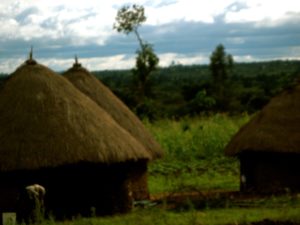(dear readers, thanks for kindly indulging a shout-out. We celebrate a granddaughter’s graduation and commissioning tomorrow, May 23, 2025, at the U.S. Naval Academy, Annapolis. Well done, “amazing” Grace.)
Social media was abuzz a while back as myriads of accolades found their way to devices of all kinds, lavishing praise upon a host of individuals – daughters, wives, mothers, sisters, grandmothers. A nonstop flow of celebration spotlighted this distinctive sector of humanity occupying our planet.
Women.*
Which prompted me to reflect on a select list (not exhaustive by any means) of ladies who’ve especially affected my life from “back when”. The exercise gave rise to awakened feelings of gratitude.
*My country-girl mother, Thelma Christine Bay Lout, riding urban buses day after day across the busy metropolis of Tulsa, just to sit for hours at my bedside. Prayers accompanied her presence through those three months of my residency in Hillcrest Hospital’s Polio Ward. When specialists voiced no assurance that my paralyzed legs might ever again bear up my body’s weight, mom weathered the prognosis. Loving me. Interceding for me.
*The evening eighteen-year-old Alice Ann Barnes – sitting next to me beneath a Billings, Montana street lamp – pondered my request as I timidly asked her to become my wife. The marriage proposal included a fine-print detail I felt I should in fairness share, “You and I would likely be living overseas. Probably Africa.”
Ann Smiled (a positive sign?). Then responded,
“When I was nine-years-old I told my parents I was going to grow up and be a missionary in Africa”.
Ann’s ‘yes’ resulted in some daring moves. Leaving her Big Sky country, venturing to live in Oklahoma, Texas, then New York. Afterwards, it was Kenya and Tanzania. Our first child (Julie), then our second (Scott), and finally our thirdborn (Amy), each drew in their first baby breaths in a delivery room of Nairobi Hospital. In time – decades later – Ann would work as a Registered Nurse in a large medical center back again in Tulsa, Oklahoma.
The facility’s name rang a bell. Hillcrest Hospital, whose original facility (same location), had once served as a place of shelter and care for the uniquely ill. Children and youth besieged by a virus called poliomyelitis.
*She is clothed with strength and dignity, and she laughs without fear of the future. (The Proverbs Woman, Prov. 31:25)
©2025 Jerry Lout



